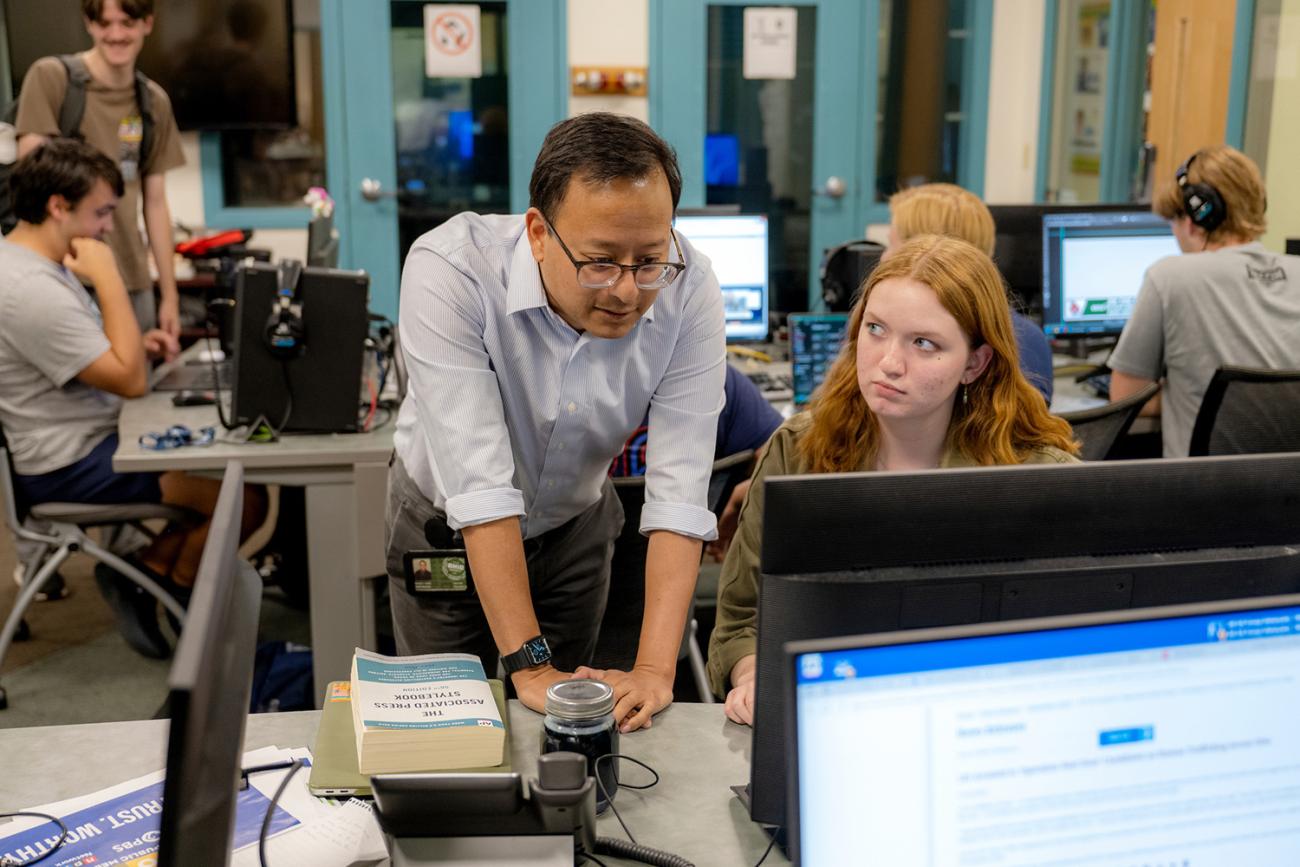Dr. Kelly K. Ferguson began her journalism career when she applied for a position as a music critic only to be assigned a column, “Charm School Reject.” She has since hustled her way into publications such as mental_floss magazine, The Chronicle of Higher Education, McSweeney’s Internet Tendency, The Cincinnati Review, Witness, Terrain.org and others. Her book, My Life as Laura: How I Searched for Laura Ingalls Wilder and Found Myself, details her quest in a prairie dress for her Midwestern childhood idol.
Associate Professor; Director of HTC Journalism
740.593.2619
Schoonover Center 236
fergusonk@ohio.edu

